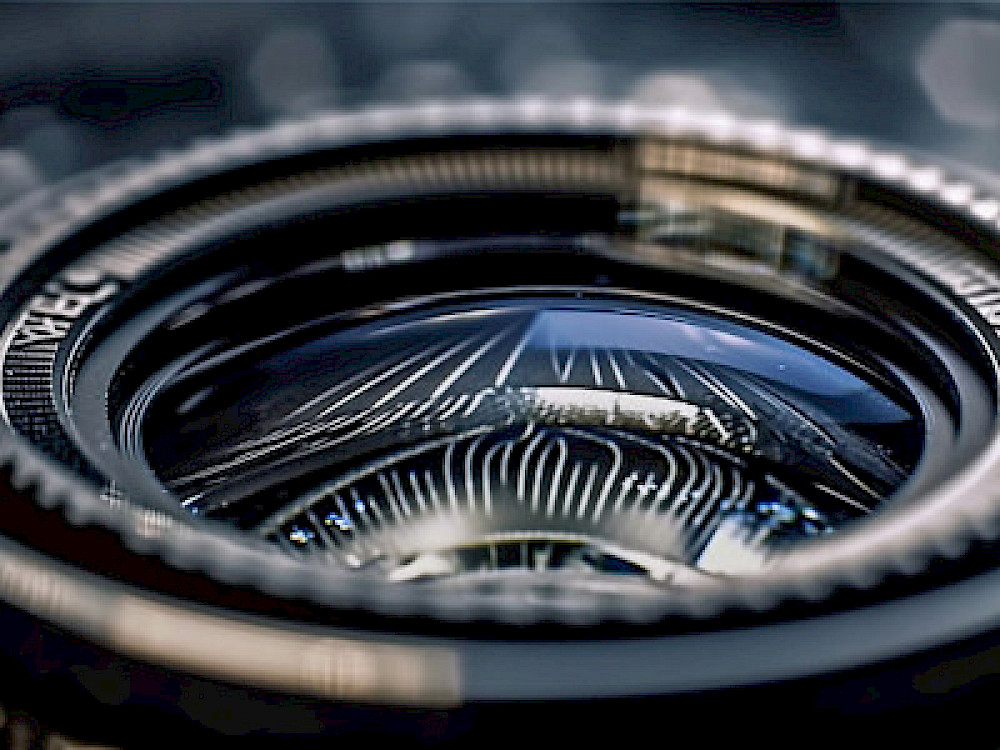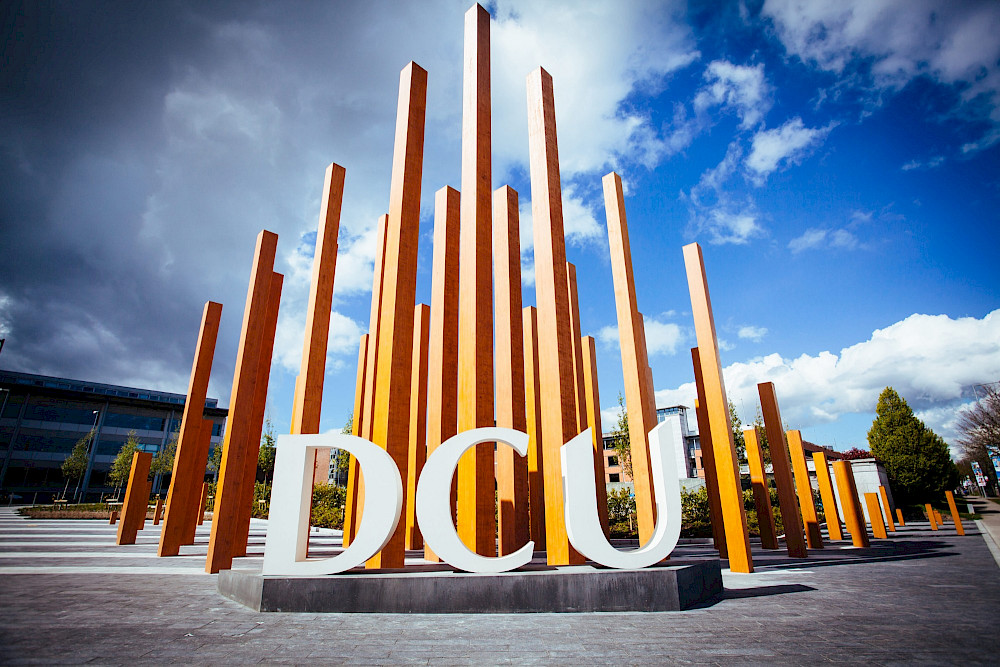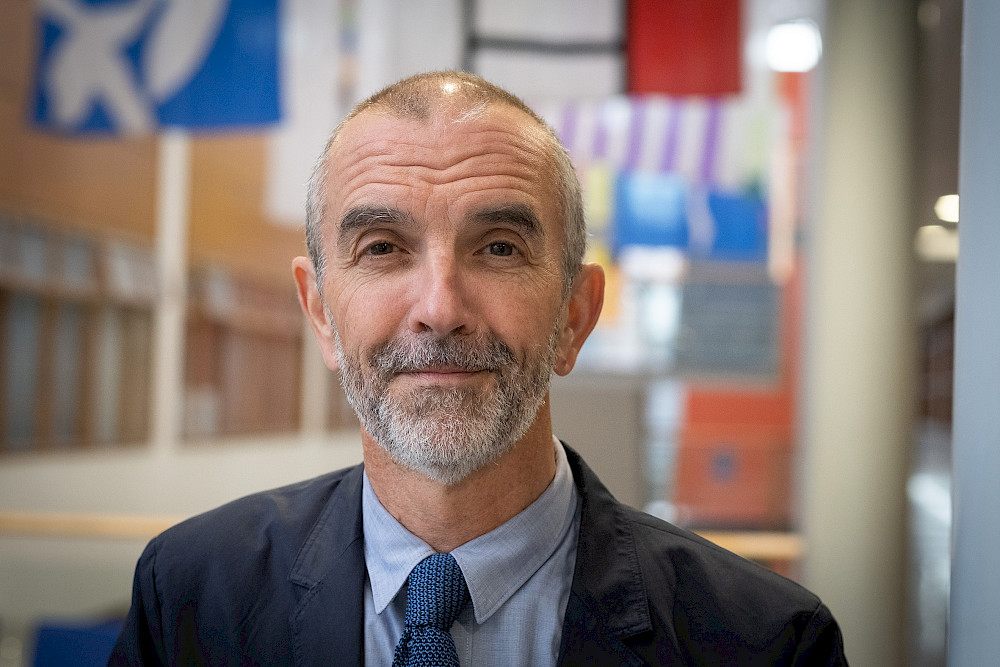About
Dr Roderick Flynn is a researcher and lecturer in the DCU School of Communications. His research interests are diverse and span the social history of communication, political economy of the media, telecommunication and broadcasting policy, and the history of media technology.
In recent years a major focus of his research has been on questions of media ownership and media concentration. Roddy was part of a vast international study, the results of which are due to be published later this year in a book called Who Owns the World’s Media. He wrote the Irish chapter, which covers all Irish media sectors: print, broadcast, online, search engines, book publishing, magazines, telecommunications, television distribution and so on.
“The research establishes the size of the market and not just who the main players are but actually, where possible, who every single player in the market is. What we were trying to do was come up with a figure for the extent to which the market is concentrated which is characterised by one or two or a handful of players dominating the market,” he explains.
There are many indices by which media ownership and concentration can be calculated, explains Dr. Flynn, and the one chosen by him and his colleagues is known as the HHI or Herfindahl-Hirschman Index. This is a widely accepted measure of market concentration calculated by squaring the market share of each market competitor, and then summing the resulting figures.
“You put a number on a market between zero and 10,000. If the number is 10,000 then it is an infinitely competitive market but this is impossible. If it is zero then there is literally only one player and this is a monopoly. In the Irish market most of them were nudging closer to the zero,” he explains.
The search engine market, for example, is all but dominated by Google, who holds 94% of the market share in Ireland.
This project has led to another current FuJo project Roddy is working on, known as the Media Pluralism Monitor. This project is a 28 country EU project overseen by the European University Institute, which will assess the Irish media sector (as well as the other EU member state countries) according to a certain set of criteria that will measure the extent to which the media market is pluralist or not.
Contact
Publications
Type: Reports
Published in: EUI, RSC, Research Project Report, Centre for Media Pluralism and Media Freedom (CMPF), 2023, Country Report
Authors: Flynn, R.
Year: 2023
URL: Resource
Type: Reports
Published in: Reuters Institute for the Study of Journalism, University of Oxford
Authors: Ranchordás, S., Belair-Gagnon, V., & Picard, R. G. (2016).
Year: 2016
URL: Resource
Related Projects

The Media Pluralism Monitor is a risk-based approach to assessing the state of media pluralism across the 27 countries of the EU and several EU accession candidate countries. The Monitor measures media pluralism with 200 indicators across four domains: fundamental protections, market plurality, political independence and social inclusiveness. Led by the European University Institute in Florence and funded by the European Commission, the Monitor constitutes one of the core datasets informing the...

The Media Ownership Ireland database is designed and maintained by staff at the DCU School of Communications. The project is an initiative of the Broadcasting Authority of Ireland (BAI) in the context of its statutory requirement to conduct research relating to the plurality of the media in Ireland and to publish such research. The BAI committed to developing this database when it published its Media Plurality Policy in 2019 and the database is framed by the definition of “media business” co...

Mass media influence the way facts are viewed and debated in society. Independence and pluralism in media, public opinion and views – including criticism of people in power – are the safeguards of a healthy democracy. Monitoring and ensuring ownership pluralism is the first step toward independence and freedom of choice. How can people evaluate the reliability of information if they don't know who provides it? How can journalists work properly if they don't know who controls the company the...

The EurOMo (Euromedia Ownership Monitor) has a single mission: enhance transparency of news media ownership and control in European Union countries. It monitors media ownership and control by publishing: a database with information on ownership and control of the most relevant news media in all EU countries; country reports that assess the level of transparency of this information. Currently, the EurOMo is a pilot project, co-funded by the European Commission as part of the European Democ...

